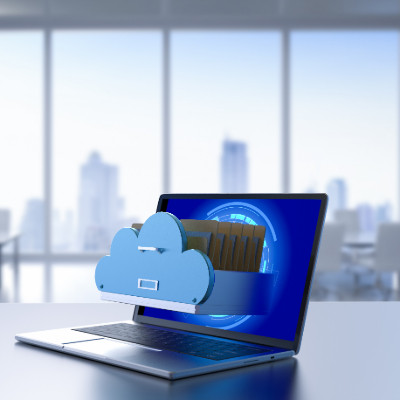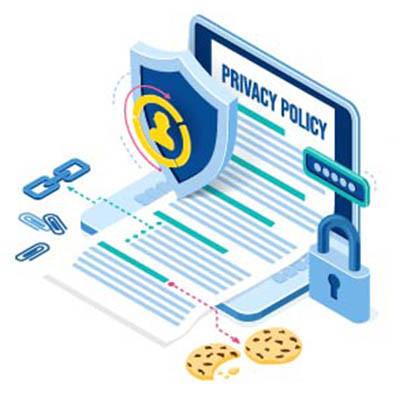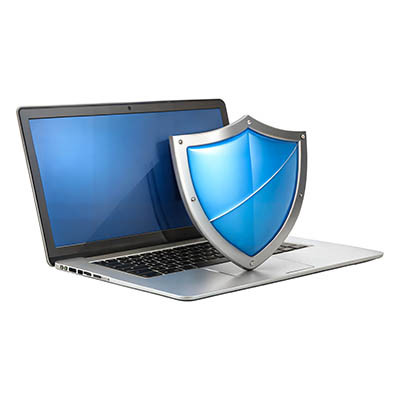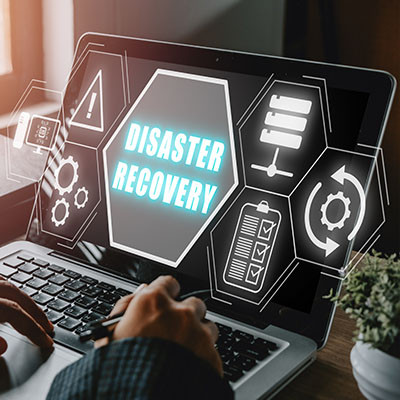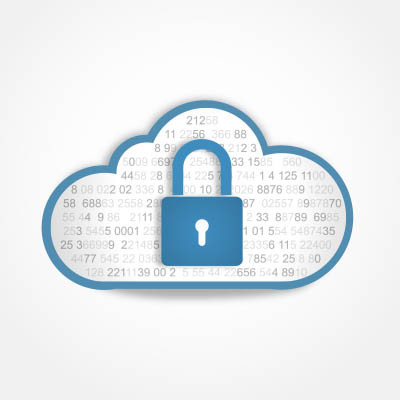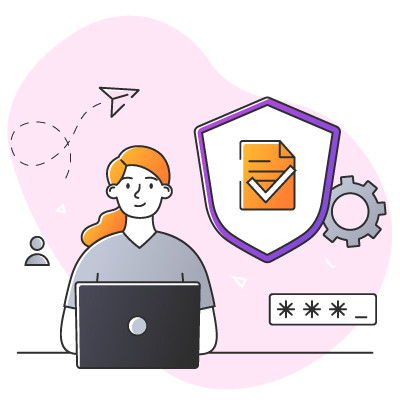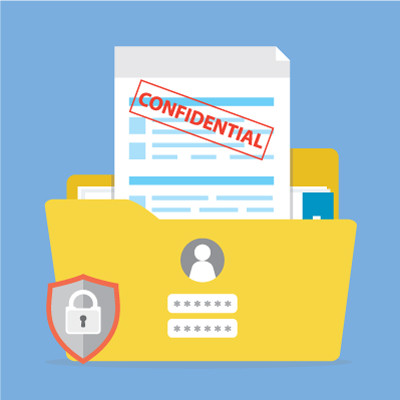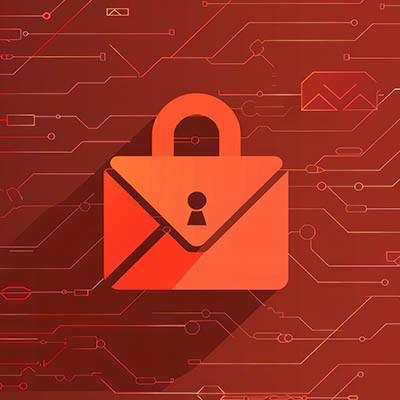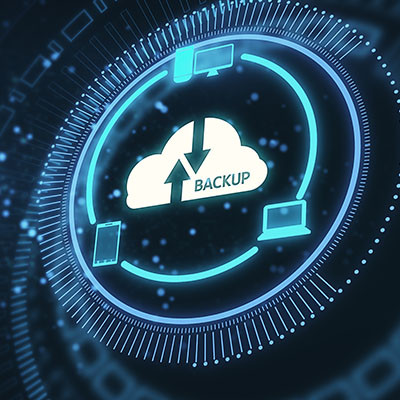Data storage is hardly the most interesting topic out there, but it’s one that your business needs to consider if it’s going to flourish in the modern era. The cloud offers you real benefits from traditional on-premises file storage, all while being cheaper and more efficient. Let’s take a look at three reasons you might consider cloud storage over in-house infrastructure for your company’s data storage needs.
Advanced Automation Blog
We all know companies collect a lot of data. After all, your business is no exception to this rule, and you likely collect significant consumer data to facilitate operations. But if you get the itch to protect your personal privacy (and you should), there are ways to limit how much advertisers, criminals, and other companies can gain access to. Here are just a couple of ways.
Antivirus is a staple security solution for businesses and everyday PC users, but have you ever considered how it works? By thinking through some of the details, you might gain a greater understanding of how antivirus works, what it does, and why you need to keep it updated. Today, we’re going to discuss just that, starting from square one.
When hackers steal data, they don't just sit on it. Sometimes they delete it, but most of the time, they sell it or use it for illegal activities. A lot of this stolen data ends up on the Dark Web, a hidden part of the Internet where people do shady things. That's why it's so important to keep an eye on the Dark Web to protect your business.
To keep your business running smoothly, even if something goes wrong—like a power outage, cyberattack, or other disaster—you need a reliable way to protect your data. That’s where data backup comes in. It’s important to make sure your backup is thorough and trustworthy so you can recover if things go south.
Imagine giving every single person you work with a key to your house. Would you do it? Probably not, right? What if someone lost their key or had it stolen? You wouldn’t want to take that risk.
So, it stands to reason that if you can’t trust the people you work with every day with a key to your house, you wouldn’t want them to have access to all of your data; or your business’.
Collaboration is as important as ever, if not more so, to businesses of any size… and with so much work today being done digitally, this collaboration needs to be reliable. Add in the fact that so many people work remotely as often as they do, and it should be clear that all businesses need a means of securely collaborating as part of their successful operations.
Cloud computing as a whole has been one of the most transformative technologies for businesses. With so many companies (upward of 90 percent of modern businesses) using some type of cloud computing, more companies than ever are really leaning into the technology and use it for mission critical business processes. Let’s take a look at some of the ways businesses can secure their cloud resources.
With collaboration playing center stage for most businesses, it’s no small wonder that file sharing is such a priority for SMBs. If you want to establish solid file-sharing practices, you need the right solutions. Today, we want to explore four ways you can establish an efficient and secure file-sharing platform.
It isn’t a secret that working with different times in a spreadsheet can be a real pain… even if you’re just trying to add them all up. Fortunately (and a little unsurprisingly), this is because these programs have a specific function to accomplish this.
Let’s review the process you should follow in your spreadsheet program, whether you use Microsoft Excel or Google Sheets.
All businesses use email to communicate, but too many organizations haven’t jumped on the encrypted email bandwagon yet. Encryption is incredibly helpful to keep networks and infrastructure secure, and it can do the same for your email solution. In fact, it is likely required to ensure the secure transfer of critical and sensitive information.
A successful business thrives on building beneficial relationships, which generates a lot of data and contracts that need to be efficiently shared and stored. While this might seem straightforward, leveraging today’s technology can significantly cut down on filing costs and enhance file-sharing efficiency. Let’s explore how.
Data is at the heart of all successful modern businesses. The information you collect and store can help you make better decisions, plan better strategies, and gain a competitive advantage. Let’s look at how your raw data can be refined into more meaningful insights through the use of business analytics tools.

